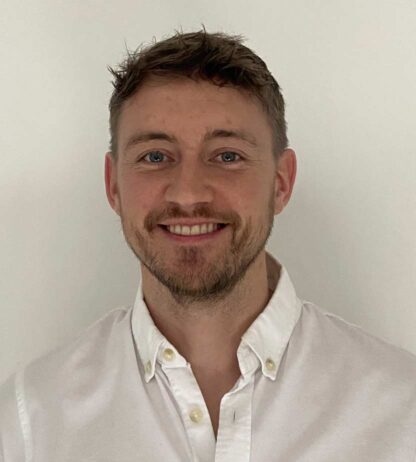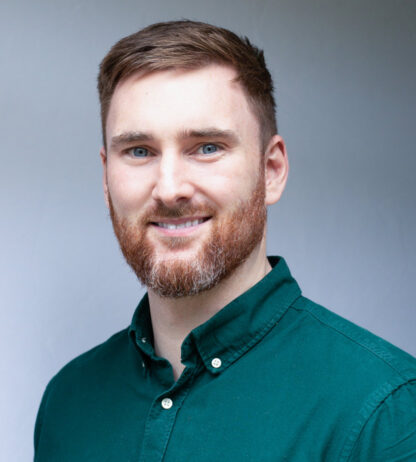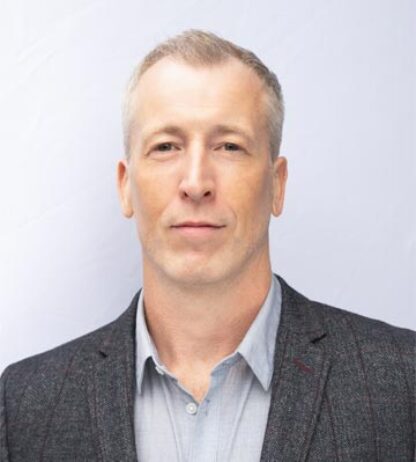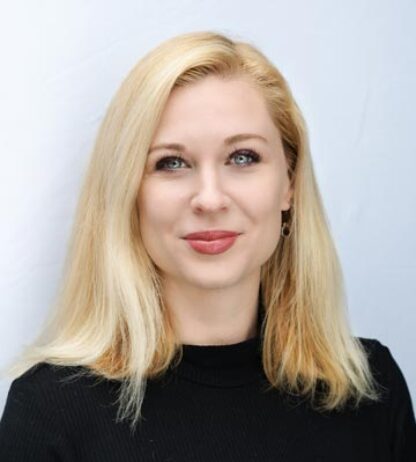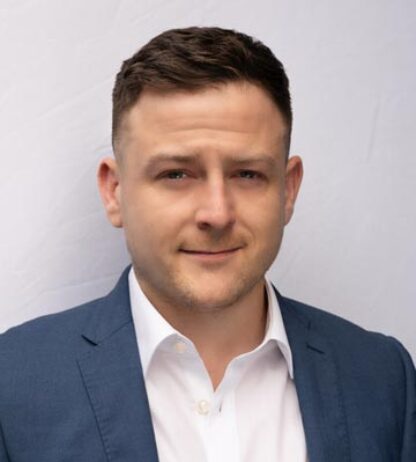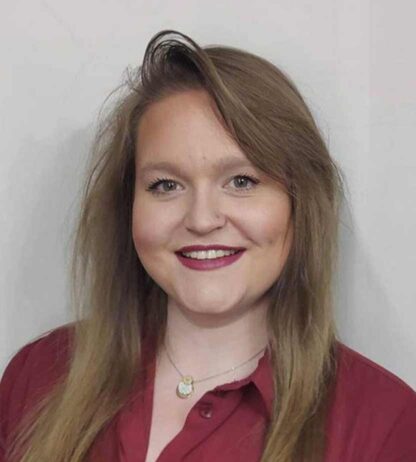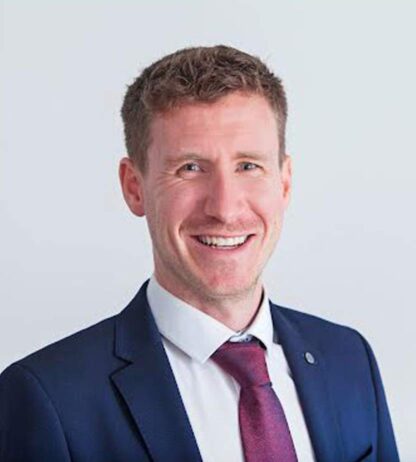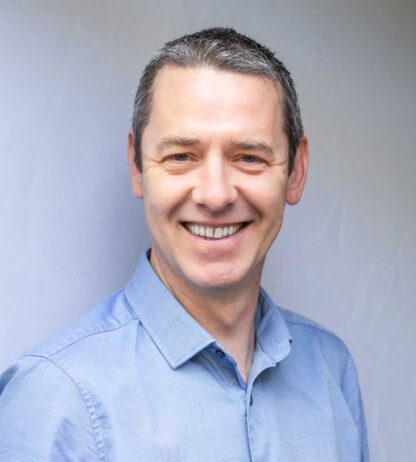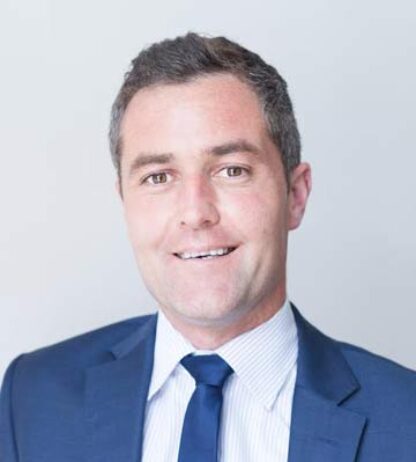
Employers Interview Guide
Interviewing candidates is a key part of the success of any company and as a firm grows Senior Management have to be able to become more hands off in this process, trusting their teams of recruiters and managers to get the groundwork done correctly.
So, how do you define the perfect interview process? Understanding that there is no “one size fits all” procedure is important as each company, department and level has a different set of criteria but there are certain areas that need to form the foundation of a structured and successful interview experience for all involved.
Define the Role Correctly
Ensuring you know what you’re looking for will make it easier to recognise the person you need to hire when you meet them. Knowing this, the definition and scoping of the role is the vital first step. Can you define that this person must have X many years of experience with post Y education with Z technologies? That’s the easy part. What’s the key part of the Job Specification beyond this?
In our experience, this is about aligning your goals for this role with the career goals of the person who will be the best fit for the role and also helps to demonstrate that this process will be a two-way street. With this in mind, it is extremely worthwhile to consider what this person may want from their career that you can give them. Will it be the chance to work with cutting edge technologies? Is it the potential to train in the areas of Project Management? Will it be to ensure a long-term secure role with significant benefits, great location and all-round security? This will be the Unique Selling Point that will not only have your specification stand out from others but will be far more likely to attract the most suitable people. This specification will also help to frame the interview itself along with the candidate’s CV. But if you are not clear on what you are looking for, how will you recognise it when you see it?
What does the perfect candidate look like?
How will you know you’re looking at the best CV for this role? Obviously there are ways and means to look at all of the prospects and begin shortlisting but put simply, these are the questions we advise you to consider:
- Can they succeed at this job (as defined)?
- Do they want to work in this role?
- Will they fit with the existing team and environment?
- Are they in the ballpark re salary, availability, location?
- Once you have defined these parameters it’s relatively easy to shortlist those who fit the bill
The Interview
Once you have decided who will have to meet the right candidate to fill the role (HR, Managers, Directors, Colleagues) and you have your shortlist, it’s time for interviewing.
There is no perfect interview style, only one that correctly reflects you and your firm. As above, the preparation is key. Ultimately you want to establish if this candidate fits the role and of course, the company culture. Defining your company culture is another day’s work but it’s vital to consider that each new person who joins your firm, will (for good or ill) shift what your culture is. So, alongside considering how a given candidate will fit into the existing culture, you need to consider how they will change it. And they will.
Having established this, look out for areas such as rapport, trustworthiness and how you feel this person will grow with you. Ask yourself, can you see this person becoming your brand ambassador? Will they want to emotionally invest in your company? Are you confident that they will be with you for years to come? Conversely, it’s as important to ensure that (as mentioned) the process is a two-way street. You have to work on the assumption that a strong candidate who is actively looking will be speaking to more than just your company, so you need to ensure that you answer any and all questions honestly but with an eye on promoting your brand and what the role will mean to the candidate. Which brings us to the
Candidate Experience
If the candidate is someone you want to work with, they will need to know exactly where they stand in the process. This means that even if there is competition, the candidate will know how long this process will take. With constant and close communication, you can make sure that the candidate knows exactly what is happening and when it will be resolved.
Feedback and clarity will give your firm the edge on the competition. Whether the candidate is a direct applicant or you have found them through an agency, making sure the candidate is aware of their progress and next steps gives great comfort and all feedback should ideally be given as quickly as possible or at least, if there will be no feedback until after a round of interviews, letting all involved know this will make a difference.
RisksThere will always be a risk in interviewing of falling foul of “confirmation bias”, especially if you are under pressure to fill a given role. Ignoring any red flags can lead to hiring the wrong people and this is not a win for anyone involved. Reference checking can remove some doubts but watch out for these red flags and consider them before moving forward.
Do take time to remind yourself of the nine grounds of discrimination (linked here) as discussing any of these issues at interview can be construed as grounds for discrimination should you choose not to offer a role to a given candidate.
Conclusion
With the correct preparation, knowing the profile and requirements of your perfect candidate will make the process smoother, but to ensure you get the edge on the competition it’s vital to treat the interview experience as a two way street so that the candidate best suited to your firm is already positively disposed to joining you.
Resources
Meet the team
As the core of recruitment is finding top talent, it only makes sense that we ensure we work alongside the very best in the market. We are a group of like-minded technical recruiters who put people at the core of everything we do. Our specialist technical recruitment consultants have the capacity to build teams, appoint leaders and nurture the careers of technology professionals in all locations across permanent and contract roles.
View more

